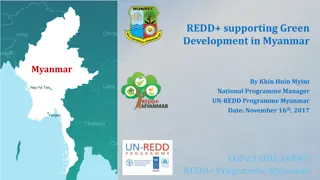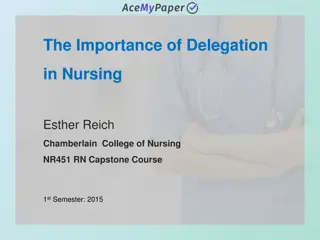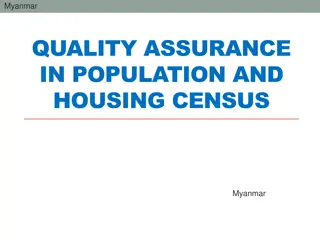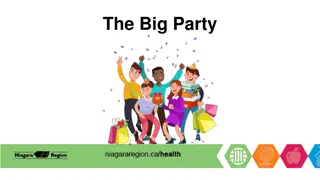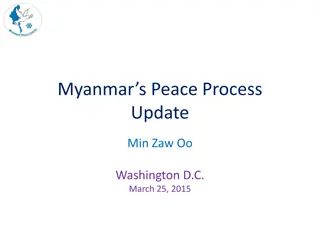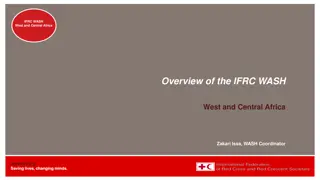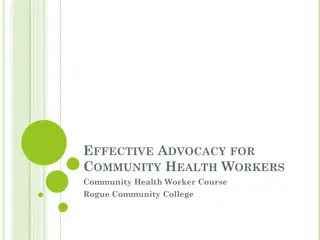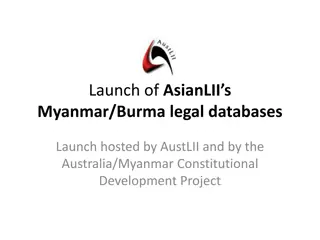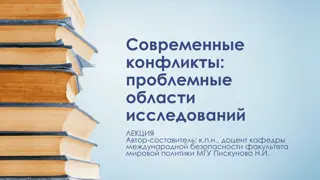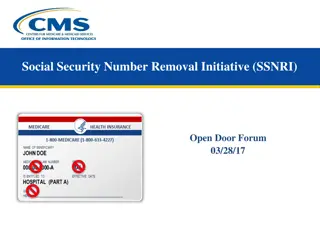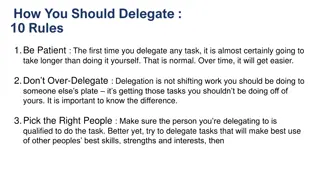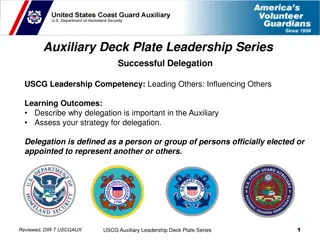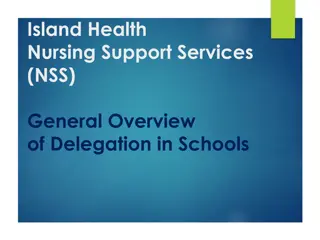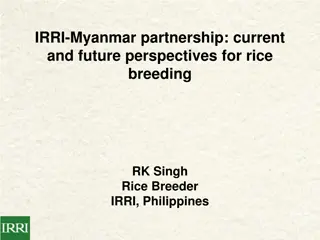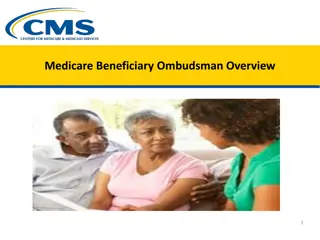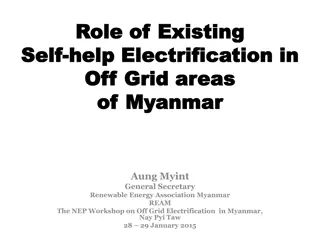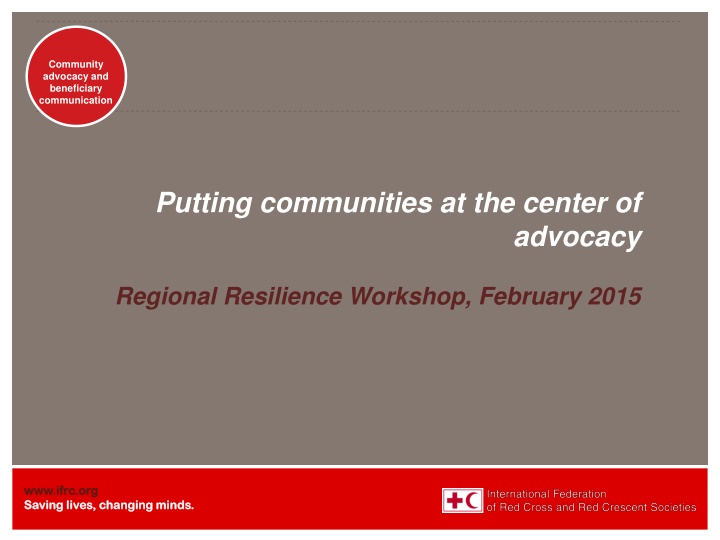
Beneficiary Communication for Community Advocacy
Beneficiary communication is essential for involving communities in advocacy efforts, ensuring needs are met, and promoting transparency and accountability. This article explores the importance of beneficiary communication, its links to advocacy, and how it empowers communities for sustainable development.
Download Presentation

Please find below an Image/Link to download the presentation.
The content on the website is provided AS IS for your information and personal use only. It may not be sold, licensed, or shared on other websites without obtaining consent from the author. If you encounter any issues during the download, it is possible that the publisher has removed the file from their server.
You are allowed to download the files provided on this website for personal or commercial use, subject to the condition that they are used lawfully. All files are the property of their respective owners.
The content on the website is provided AS IS for your information and personal use only. It may not be sold, licensed, or shared on other websites without obtaining consent from the author.
E N D
Presentation Transcript
Community advocacy and beneficiary communication Putting communities at the center of advocacy Regional Resilience Workshop, February 2015 www.ifrc.org www.ifrc.org Saving lives, changing minds. Saving lives, changing minds.
What is beneficiary communication? Provision of information and dialogue & giving a voice and connectivity Action and analysis www.ifrc.org www.ifrc.org Saving lives, changing minds. Saving lives, changing minds.
Why beneficiary communication? Aid/services targeted according to needs &inclusive of vulnerable groups Programmes can be more responsive by making necessary improvements or adjustments based on feedback Relevance and effectiveness Providing accurate, timely and accessible information enables communities to make informed decisions Detection of errors, fraud, mismanagement of aid, abuse Transparency and accountability Open dialogue is a mark of respect and builds trust and acceptance of programmes among communities This can improve safety of staff operating in insecure environments Trust and security Participation and engagement in decision-making empowers communities and recognises them as experts and advocates Provides a sense of ownership over projects, creating continuity and longer lasting impact Empowerment and sustainability www.ifrc.org www.ifrc.org Saving lives, changing minds. Saving lives, changing minds.
So that people can make decisions about things that affect them Links between BC and advocacy? Listening Provision of information and dialogue & giving a voice and connectivity Empowerment through connectivity So that people can advocate for their own needs Strong Action and analysis sustainability participation = www.ifrc.org www.ifrc.org Saving lives, changing minds. Saving lives, changing minds.
www.ifrc.org www.ifrc.org Saving lives, changing minds. Saving lives, changing minds.
Links to RCRC community-based programmes RCRC helps communities identify needs & vulnerabilities Needs larger than RCRC capacity RCRC enables communities to advocate for their needs Empowerment and sustainability www.ifrc.org www.ifrc.org Saving lives, changing minds. Saving lives, changing minds.
The role of Red Cross Red Crescent in supporting community-led advocacy Unique position of NS as auxiliaries to governments Responsibility- to influence decision makers to act for vulnerable people AND to take action to allow vulnerable people to do this for themselves Global footprint in local communities Convening & connecting power www.ifrc.org www.ifrc.org Saving lives, changing minds. Saving lives, changing minds.
Supporting communities to be better connected and better organised How? Advocacy component in RCRC community-based programmes Connecting with local authorities e.g. via village development committees or other local government structures Support community to use government structures to do advocacy: e.g. village committees Facilitate local coalitions and bridge local-to-municipal-to-local Help sharecommunity action plans Platform for peer-to-peer cross learning and sharing Public messaging and advocacy to government and other partners www.ifrc.org www.ifrc.org Saving lives, changing minds. Saving lives, changing minds.
Strong participatory foundation of programmes Enablers? Accountable programming & beneficiary communication mainstreamed Integrating advocacy in programme design: e.g. self- organising DIY model; training community committees... www.ifrc.org www.ifrc.org Saving lives, changing minds. Saving lives, changing minds.
Building skills for community advocacy Strategy development Documenting evidence Key Technical skills messages www.ifrc.org www.ifrc.org Saving lives, changing minds. Saving lives, changing minds.
Myanmar Urban DRR programme www.ifrc.org www.ifrc.org Saving lives, changing minds. Saving lives, changing minds.
RC Youth and Volunteers in the 6th Asian Ministerial Conference on DRR www.ifrc.org www.ifrc.org Saving lives, changing minds. Saving lives, changing minds.
Kenya Red Cross and WHS www.ifrc.org www.ifrc.org Saving lives, changing minds. Saving lives, changing minds.
Questions for discussion 1. What are you already doing in your countries to support community-level advocacy? 2. What communications channels do you use or support communities to use? 3. What are the opportunities to do this better? 4. How can we better undertake community level engagement - including local authorities - in disaster law? : E.g. Awareness raising / IEC activities about laws and regulations that affect them Consultations on what local authorities/communities want to see in their DM laws www.ifrc.org www.ifrc.org Saving lives, changing minds. Saving lives, changing minds.



